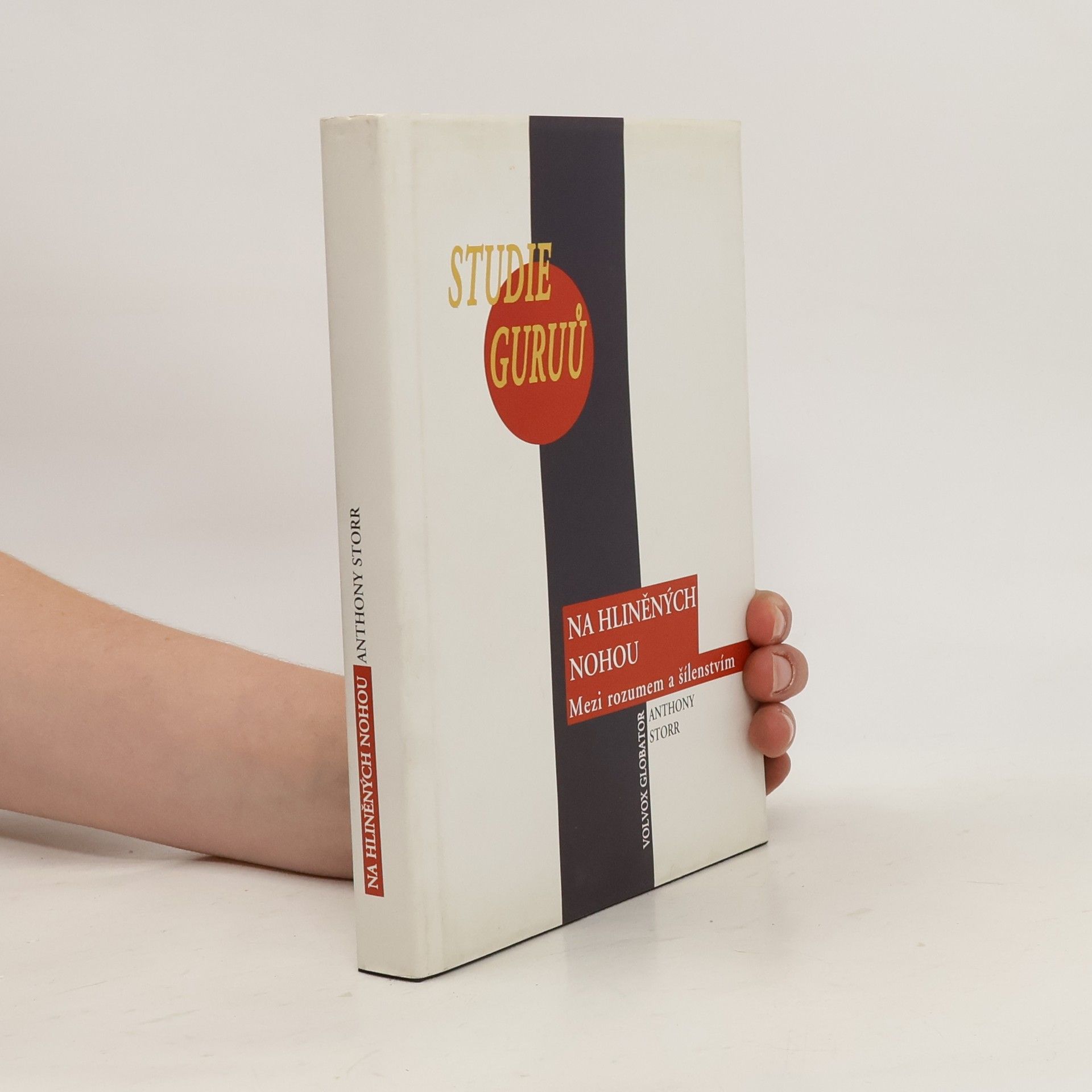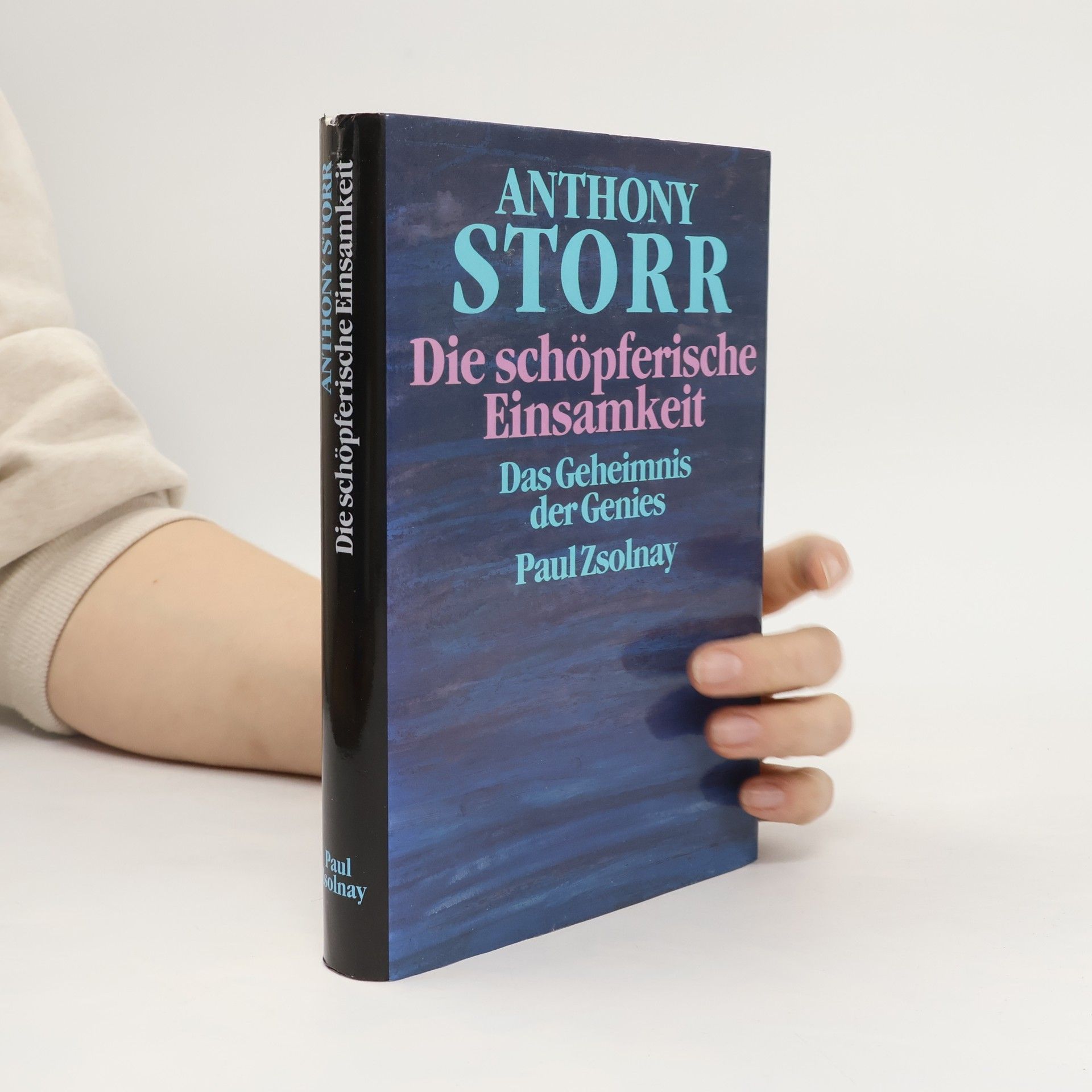Storr’s The Art of Psychotherapy appeared in 1979 and became an instant classic. After Storr’s death, a third edition was rewritten and revised by Jeremy Holmes, and the fourth edition is a further up-to-date iteration.
Anthony Storr Book order (chronological)
Anthony Storr was an English psychiatrist and author, renowned for his insightful psychoanalytical portraits of historical figures. His work draws deeply from his understanding of human suffering, allowing him to delve into the psyche of individuals with profound empathy. Storr's writing style is both kind and penetrating, offering readers a unique window into the motivations and inner struggles of those he examined. His writings are valued for their psychological acuity and literary merit.

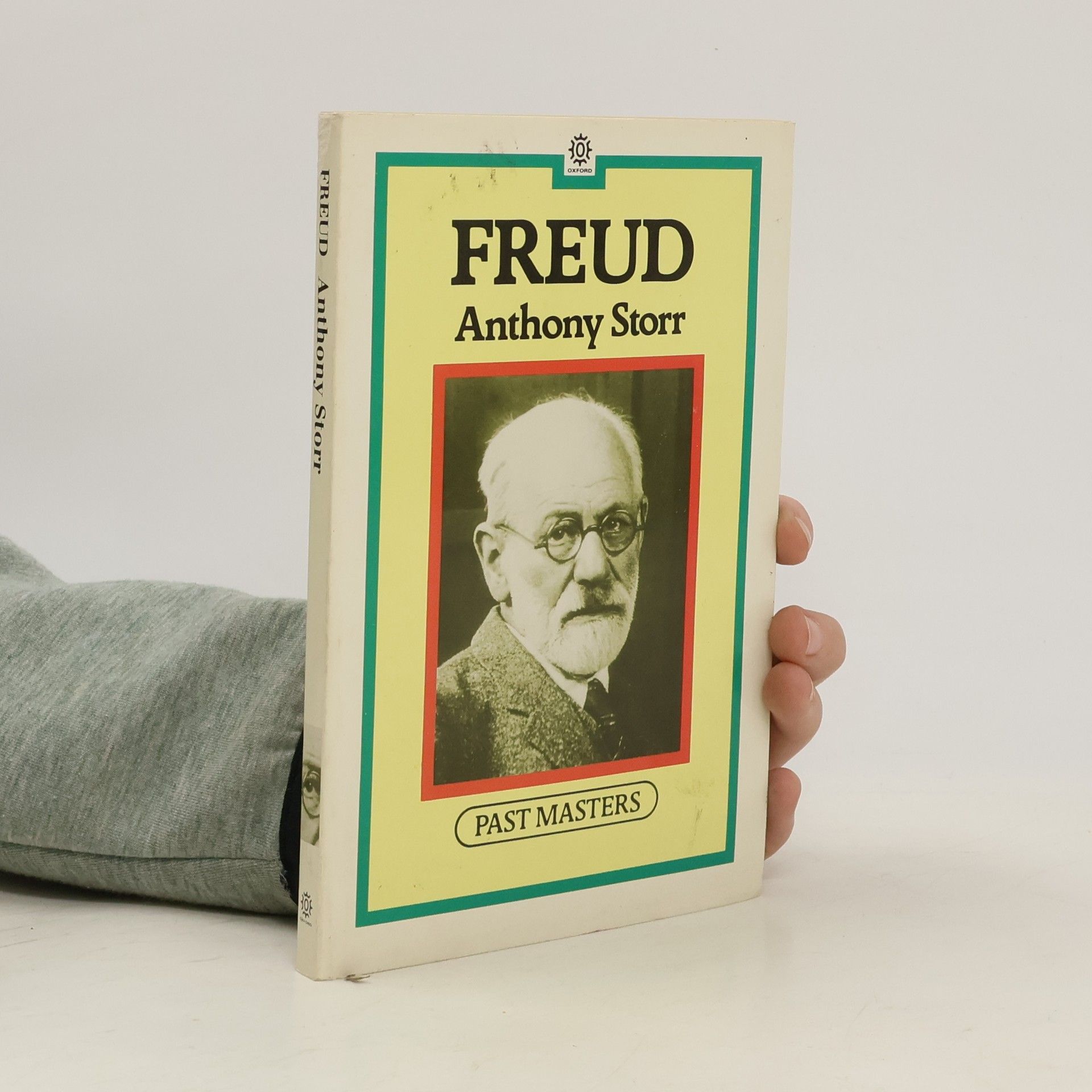
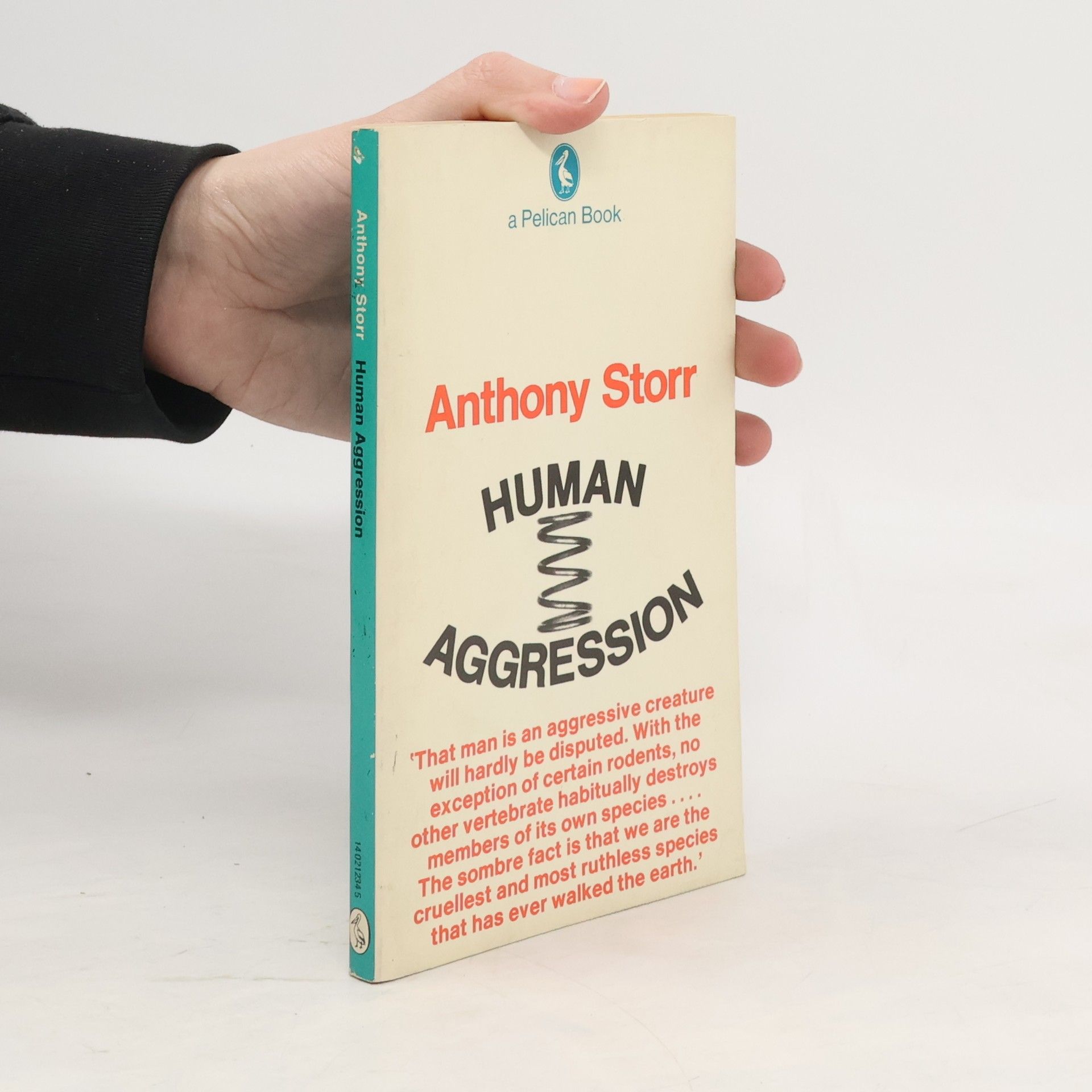


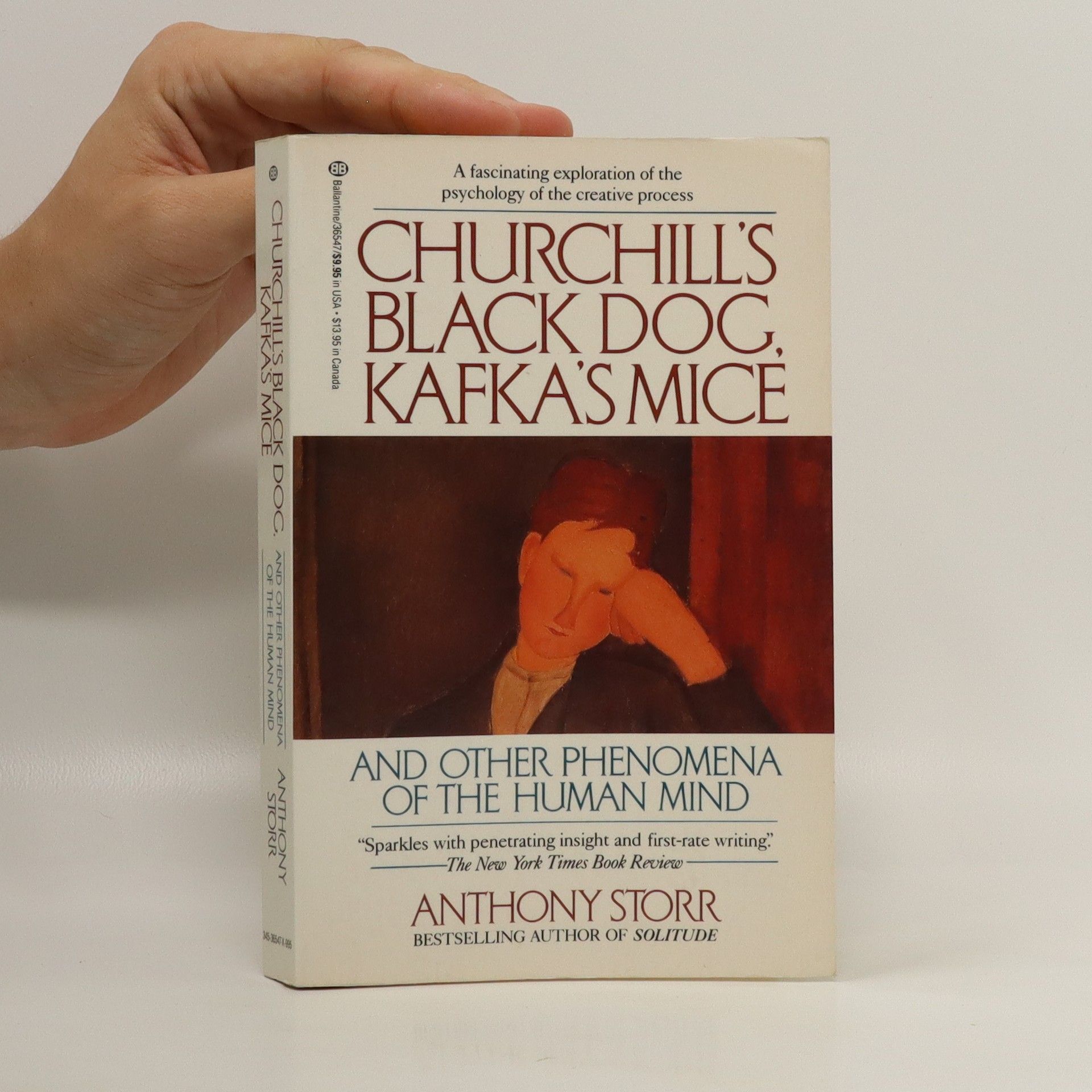
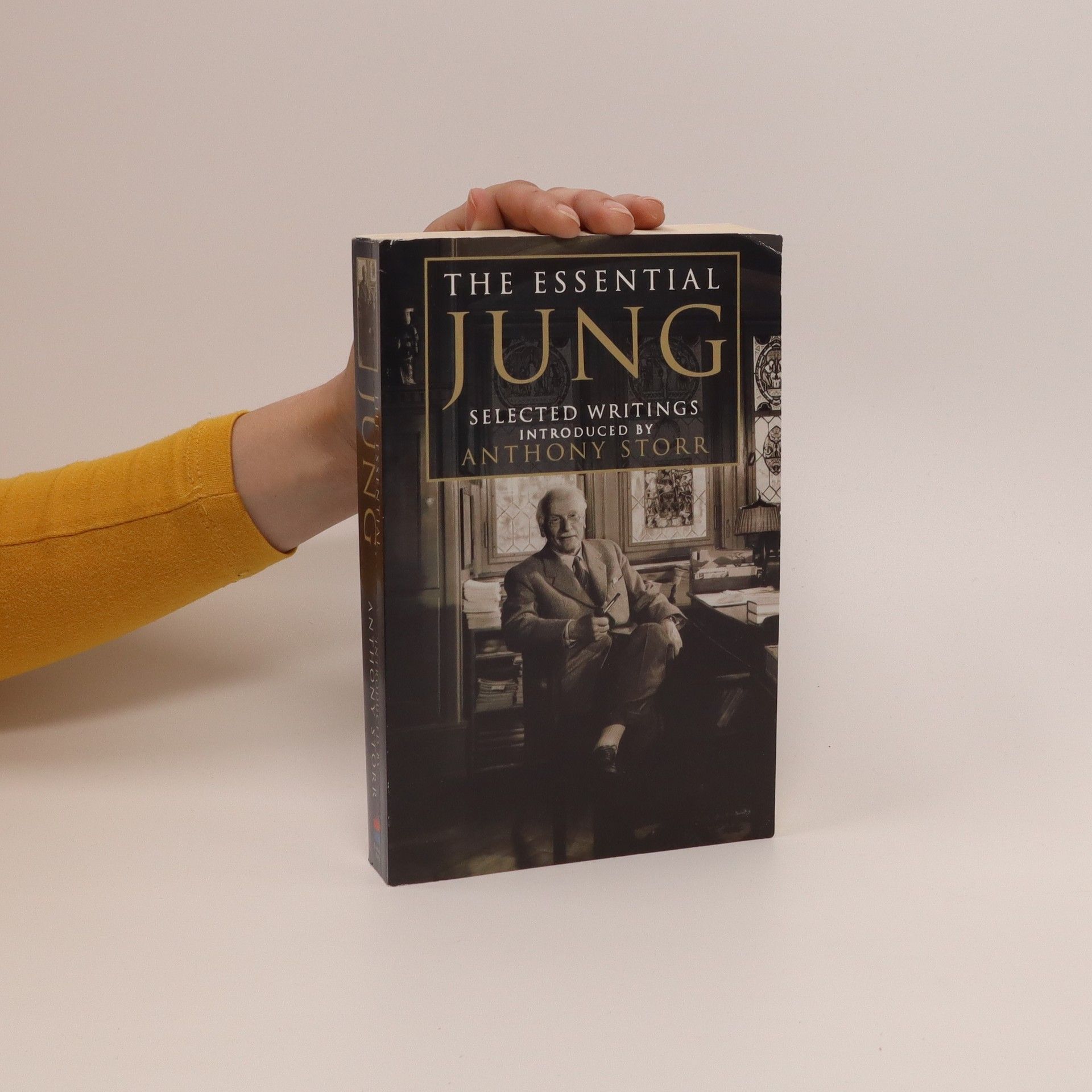
Jung's writing is the key to understanding 20th century psychology, psychiatry and psychoanalysis. This collection of his writings clearly presents him in his own words and in precis.
Aby člověk pochopil, kdo je to guru, a porozuměl mu, musí být připraven zvážit otázku, kde leží hranice mezi racionalitou a šílenstvím, mezi tzv. zdravým rozumem a bláznovstvím. Autor se zabývá tématem iluze a víry i jezuity a Ježíšem. Pojednává o velkých duchovních vůdcích, hnutích, kultech i charitativních organizacích, zamýšlí se nad osobnostmi, jako byl Gurdjieff, Jung, Freud, Steiner a mnoho dalších.
On the 50th anniversary of Freud's death, Anthony Storr looks at his major theories, evaluating whether they have stood the test of time. In the process he also examines Freud himself in the light of his own ideas.
Solitude
- 240 pages
- 9 hours of reading
The author disagrees with the view that only intimate relationships can provide mental and personal satisfaction arguing that solitude has restorative powers.
Churchill's black dog, Kafka's mice and other phenomena of the human mind
- 310 pages
- 11 hours of reading
This title collects the essays of one of England's best-known and most distinguished psychiatrists. Storr weighs and tests Freud's theory that creativity is the result of dissatisfaction by examining the impulses which drove Kafka, Newton and Churchill.
First Published in 1991. Routledge is an imprint of Taylor & Francis, an informa company.
